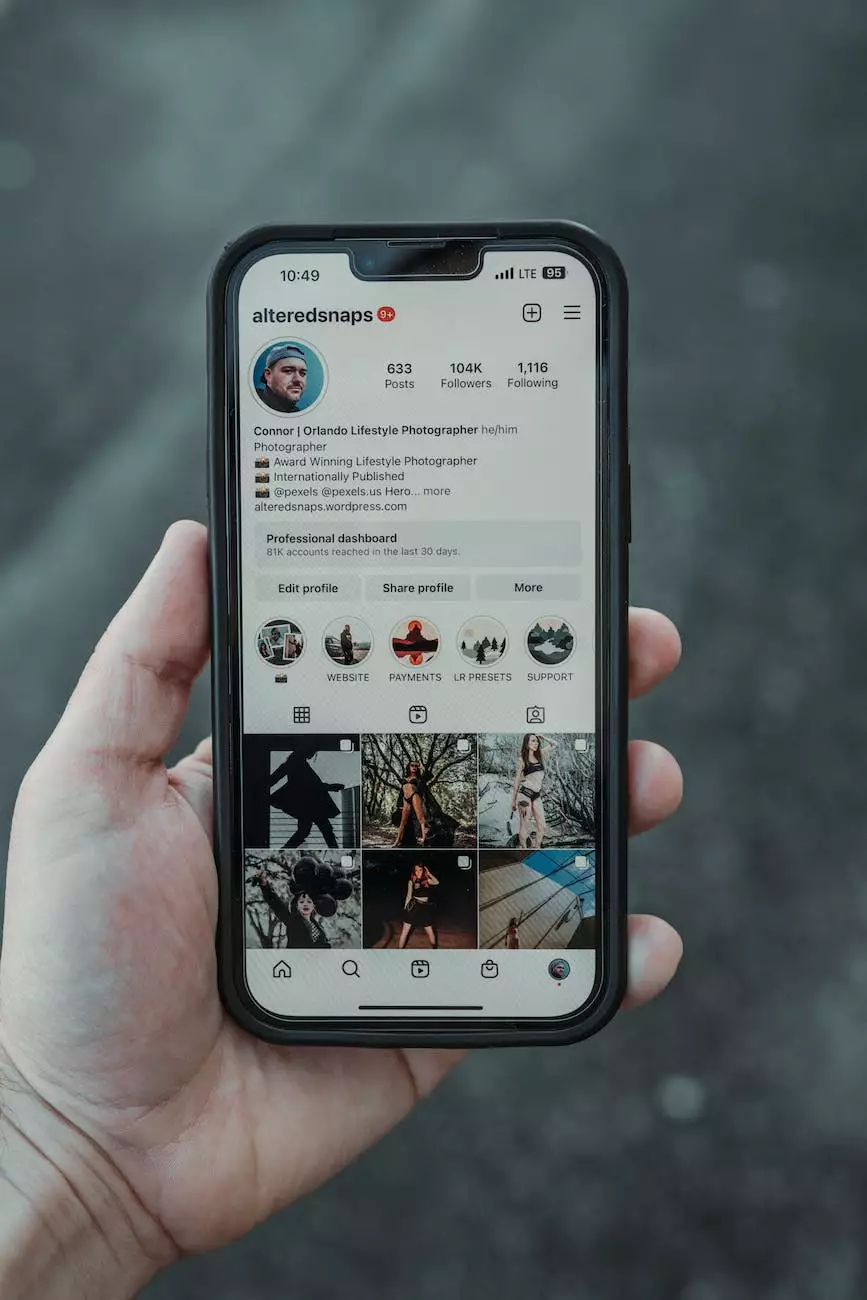Grow, Foster and Maintain a Relationship with Journalists
Blog
Introduction
Welcome to CI Advertising, your go-to destination for business and consumer services in the field of marketing and advertising. In this article, we will delve into the importance of building strong relationships with journalists and provide valuable insights and strategies to help you establish and maintain fruitful connections in the media industry.
The Power of Media Relations
In today's fast-paced digital world, media coverage plays a pivotal role in shaping public opinion, increasing brand visibility, and driving business growth. When your brand receives positive media attention, it can significantly enhance your credibility, attract potential clients, and strengthen your market position. Developing a solid relationship with journalists is, therefore, crucial for your business success.
Understanding Journalists' Needs
Journalists are constantly searching for captivating stories, industry insights, and expert opinions to engage their audiences. To establish a strong connection with journalists, you need to understand their needs and provide them with valuable content that aligns with their interests and target audience. By doing so, you position yourself as a reliable source of information, making journalists more likely to turn to you for future stories and media coverage.
Developing a Media Outreach Strategy
To effectively grow and maintain relationships with journalists, it is essential to develop a well-planned media outreach strategy. Here are some key steps to consider:
1. Identify Target Journalists
Start by researching and identifying journalists who cover topics relevant to your industry. Look for journalists who have previously covered stories related to your field or have a specific beat that aligns with your expertise. Building relationships with journalists who have an existing interest in your industry significantly increases your chances of getting media coverage.
2. Personalize Your Pitches
Avoid sending generic press releases or mass emails to journalists. Instead, take the time to craft personalized pitches that address each journalist's specific interests and needs. Tailor your pitches to their beat, recent articles, or areas of expertise. Personalization shows that you have done your research and genuinely value their work, making them more likely to pay attention to your pitch.
3. Provide Value
When reaching out to journalists, always focus on providing value. Offer unique insights, expert opinions, or exclusive data that can add depth and credibility to their stories. Position yourself as a thought leader in your industry and showcase your expertise by offering valuable resources that journalists can rely on.
4. Build Genuine Relationships
Building genuine relationships requires more than just sending a few emails. Take the time to engage with journalists on social media, attend industry events where journalists are present, and provide ongoing support for their work. Consistently demonstrate your genuine interest in their success and build mutually beneficial relationships based on trust and respect.
Tools and Resources
Utilizing technology and resources can greatly enhance your media relations efforts. There are several tools available that can help you streamline your outreach, track media mentions, and stay up-to-date with the latest industry trends. Some popular tools include media monitoring platforms, journalist databases, and social media management tools to track journalists' activities and engage with them effectively.
Monitoring and Evaluation
Once your media outreach efforts are in motion, it's crucial to monitor and evaluate your results. Keep track of media mentions, analyze the impact of media coverage on your brand visibility and website traffic, and measure the overall success of your media relations activities. Continuous evaluation allows you to refine your approach and adapt your strategies to achieve better results over time.
In Conclusion
Building and maintaining relationships with journalists is an essential aspect of any successful marketing and advertising strategy. By understanding the needs of journalists, developing personalized pitches, providing value, and investing time in building genuine relationships, you can cultivate strong connections with the media, resulting in increased brand exposure, credibility, and business growth. Remember, it's not just about earning media coverage; it's about nurturing long-term relationships that benefit both parties involved.




